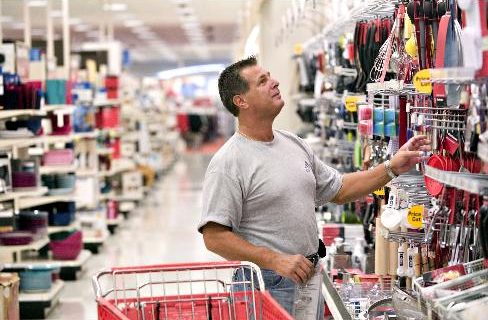The European Commission has recently published a behavioural study on consumers’ engagement in the circular economy, which provides policy-relevant insights to assist with the implementation of the EU Circular Economy Action Plan. The study found that consumers were generally willing to engage in circular economy practices, but actual engagement was rather low. While a majority of consumers repair products (64%), a substantial share have not repaired products in the past (36%), and/or have no experience renting/leasing or buying second hand products (~90%). A reason for this low engagement in CE practices could be that consumers lack information regarding product durability and reparability as well as the lack of sufficiently developed markets (e.g. for second hand products, renting, leasing or sharing services etc.). In the behavioural experiment the provision of such information was found to be highly effective at shifting purchasing decisions towards products with greater durability and reparability. The survey and experiment also found that repair decisions are easily disrupted if arranging repair requires effort. These findings indicate that there is a large potential to close the gap between consumers’ willingness to engage and their actual engagement.
The study was conducted by LE Europe (lead), VVA, Ipsos, ConPolicy and Trinomics during 2017 and 2018. The executive summary, final report and annexes can be found here.





